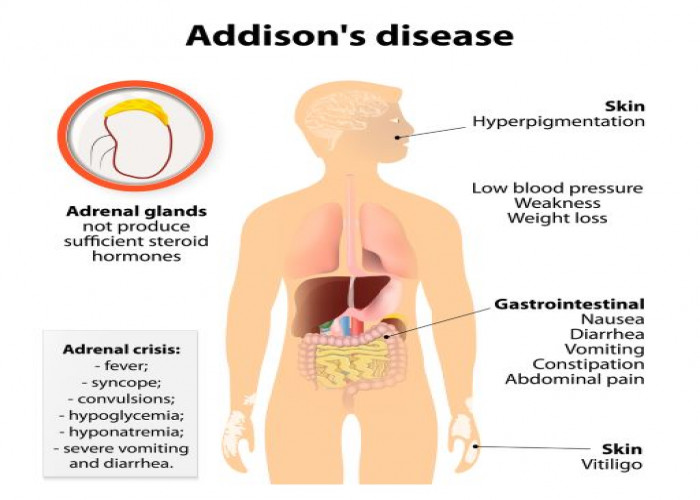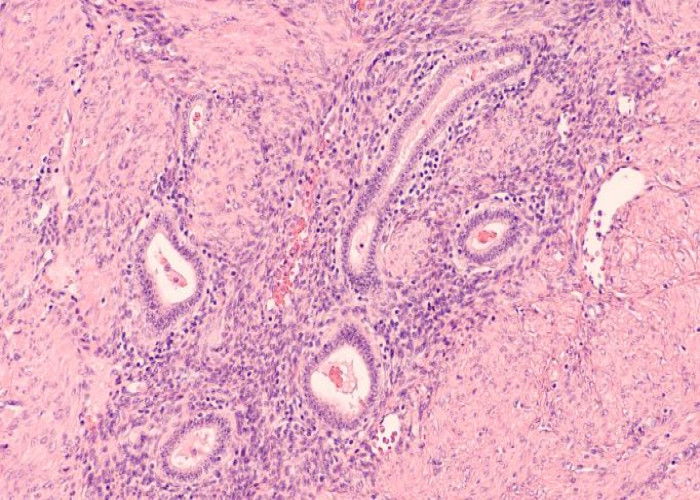 Welcome
Welcome
“May all be happy, may all be healed, may all be at peace and may no one ever suffer."
Addison's disease

Addison's disease, also known as adrenal insufficiency, is a rare disorder that occurs when the adrenal glands, which are located on top of the kidneys, do not produce enough of the hormones cortisol and aldosterone. These hormones play a crucial role in regulating many of the body's functions, including blood pressure, blood sugar levels, and the body's response to stress.
The symptoms of Addison's disease can be vague and similar to those of other conditions, but may include:
- Fatigue and weakness
- Weight loss and decreased appetite
- Darkening of the skin, especially in the creases of the palms and soles of the feet
- Low blood pressure, which can cause dizziness or fainting
- Salt craving
- Nausea, vomiting, and diarrhea
- Muscle pain and weakness
- Mood changes, such as depression or irritability
- Abdominal pain
Diagnosis of Addison's disease usually involves a combination of blood tests, imaging studies, and other tests to measure hormone levels and determine the cause of adrenal gland dysfunction.
Treatment for Addison's disease involves taking daily hormone replacement therapy to replace the hormones that the adrenal glands are not producing. This therapy is typically taken in the form of cortisol and aldosterone replacement pills. The specific dose and regimen will depend on the individual and the severity of their adrenal insufficiency.
With proper treatment and management, people with Addison's disease can lead normal, healthy lives. However, it's important to work closely with a doctor and follow their recommended treatment plan to prevent symptoms from getting worse and to avoid potential complications.
Research Papers
Disease Signs and Symptoms
- Fatigue (Tiredness)
- Sexual dysfunction
- Decreased facial and body hair
- Depression, anxiety and irritability
- Irritability
- Muscle pain
- Joint pain
- Abdomen pain
- Diarrhea
- Nausea or vomiting
- Low blood sugar (hypoglycemia)
- Loves to eat salt
- Fainting (syncope)
- Low blood pressure (hypotension)
- Darkening skin (hyperpigmentation)
- Loss of appetite
- Weight loss
- Addison's disease
Disease Causes
Addison's disease
Addison's disease is caused by damage to your adrenal glands, resulting in not enough of the hormone cortisol and, often, not enough aldosterone as well. Your adrenal glands are part of your endocrine system. They produce hormones that give instructions to virtually every organ and tissue in your body.
Your adrenal glands are composed of two sections. The interior (medulla) produces adrenaline-like hormones. The outer layer (cortex) produces a group of hormones called corticosteroids. Corticosteroids include:
- Glucocorticoids. These hormones, which include cortisol, influence your body's ability to convert food into energy, play a role in your immune system's inflammatory response and help your body respond to stress.
- Mineralocorticoids. These hormones, which include aldosterone, maintain your body's balance of sodium and potassium to keep your blood pressure normal.
- Androgens. These male sex hormones are produced in small amounts by the adrenal glands in both men and women. They cause sexual development in men, and influence muscle mass, sex drive (libido) and a sense of well-being in both men and women.
Primary adrenal insufficiency
When the cortex is damaged and doesn't produce enough adrenocortical hormones, the condition is called primary adrenal insufficiency. This is most commonly the result of the body attacking itself (autoimmune disease). For unknown reasons, your immune system views the adrenal cortex as foreign, something to attack and destroy. People with Addison's disease are more likely than others to have another autoimmune disease as well.
Other causes of adrenal gland failure may include:
- Tuberculosis
- Other infections of the adrenal glands
- Spread of cancer to the adrenal glands
- Bleeding into the adrenal glands. In this case, you may have an addisonian crisis without any previous symptoms.
Secondary adrenal insufficiency
The pituitary gland makes a hormone called adrenocorticotropic hormone (ACTH). ACTH in turn stimulates the adrenal cortex to produce its hormones. Benign pituitary tumors, inflammation and prior pituitary surgery are common causes of not producing enough pituitary hormone.
Too little ACTH can lead to too little of the glucocorticoids and androgens normally produced by your adrenal glands, even though your adrenal glands themselves aren't damaged. This is called secondary adrenal insufficiency. Mineralocorticoid production is not affected by too little ACTH.
Most symptoms of secondary adrenal insufficiency are similar to those of primary adrenal insufficiency. However, people with secondary adrenal insufficiency don't have hyperpigmentation and are less likely to have severe dehydration or low blood pressure. They're more likely to have low blood sugar.
A temporary cause of secondary adrenal insufficiency occurs when people who take corticosteroids (for example, prednisone) to treat chronic conditions, such as asthma or arthritis, stop taking the corticosteroids all at once rather than tapering off.
Disease Prevents
Addison's disease
Addison's disease can't be prevented, but there are steps you can take to avoid an addisonian crisis:
- Talk to your doctor if you always feel tired, weak, or are losing weight. Ask about having an adrenal shortage.
- If you have been diagnosed with Addison's disease, ask your doctor about what to do when you're sick. You may need to learn how to increase your dose of corticosteroids.
- If you become very sick, especially if you are vomiting and you can't take your medication, go to the emergency room.
Some people with Addison's disease worry about serious side effects from hydrocortisone or prednisone because they know these occur in people who take these steroids for other reasons.
However, if you have Addison's disease, the adverse effects of high-dose glucocorticoids should not occur, since the dose you are prescribed is replacing the amount that is missing. Make sure to follow up with your doctor on a regular basis to make sure your dose is not too high.
Disease Treatments
All treatment for Addison's disease involves medication. You will be given hormone replacement therapy to correct the levels of steroid hormones your body isn't producing. Some options for treatment include oral corticosteroids such as:
- Hydrocortisone (Cortef), prednisone or methylprednisolone to replace cortisol. These hormones are given on a schedule to mimic the normal 24-hour fluctuation of cortisol levels.
- Fludrocortisone acetate to replace aldosterone.
You will need to get plenty of salt (sodium) in your diet, especially during heavy exercise, when the weather is hot or if you have gastrointestinal upsets, such as diarrhea.
Your doctor will also suggest a temporary increase in your medication dosage if your body is stressed, such as from an operation, an infection or a minor illness. If you're ill with vomiting and can't keep down oral medications, you may need injections of corticosteroids.
Other treatment recommendations include:
- Carry a medical alert card and bracelet at all times. A steroid emergency card and medical alert identification will let emergency medical personnel know what kind of care you need. Also have a written action plan.
- Keep extra medication handy. Missing even one day of medication may be dangerous, so keep a small supply of medication at work and with you whenever you travel.
- Carry a glucocorticoid injection kit. The kit contains a needle, syringe and injectable form of corticosteroids to use in case of emergency.
- Stay in contact with your doctor. Keep an ongoing relationship with your doctor to make sure that the doses of replacement hormones are adequate, but not excessive. If you're having ongoing problems with your medications, you may need adjustments in the doses or timing of the medications.
- Have annual checkups. See your doctor or an endocrinology specialist at least once a year. Your doctor may recommend annual screening for a number of autoimmune diseases.
Treatment for an addisonian crisis, which is a medical emergency, typically includes intravenous injections of:
- Corticosteroids
- Saline solution
- Sugar (dextrose)
Disease Diagnoses
Disease Allopathic Generics
Disease Ayurvedic Generics
Disease Homeopathic Generics
Disease yoga
Addison's disease and Learn More about Diseases

Nightmare disorder

Seborrheic keratosis
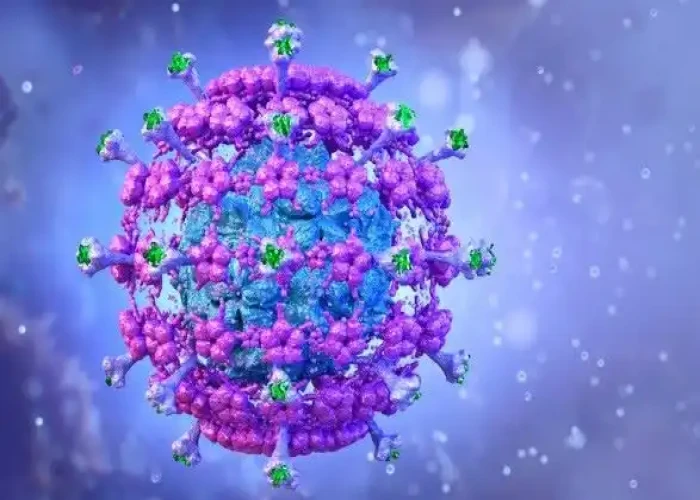
Viral gastroenteritis (stomach flu)
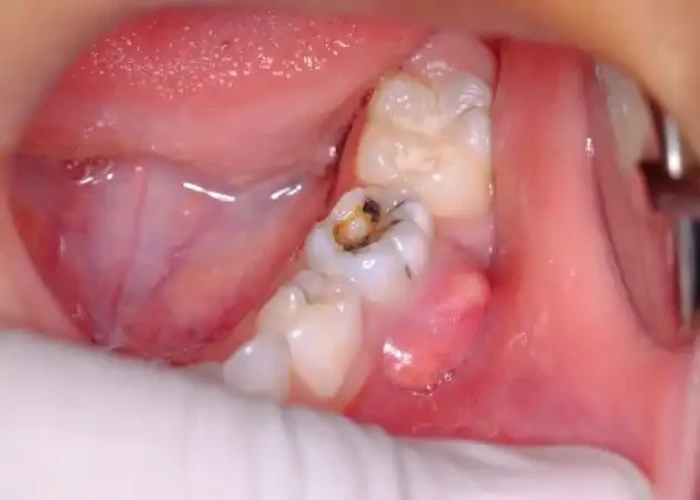
Tooth abscess

Broken collarbone

Angina
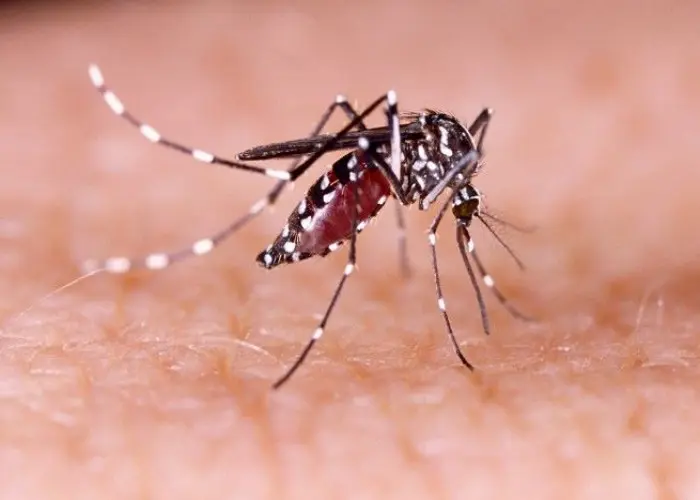
Dengue fever
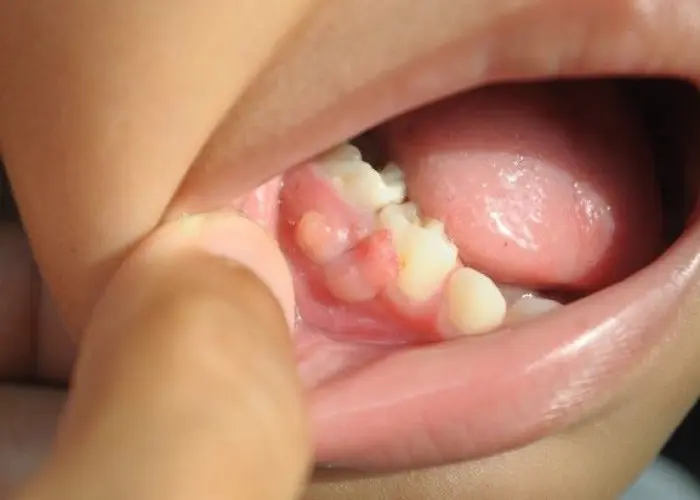
Gum Boil
Addison's disease, Adrenal insufficiency, Addisons, Addisonian crisis, এডিসনের রোগ
To be happy, beautiful, healthy, wealthy, hale and long-lived stay with DM3S.
